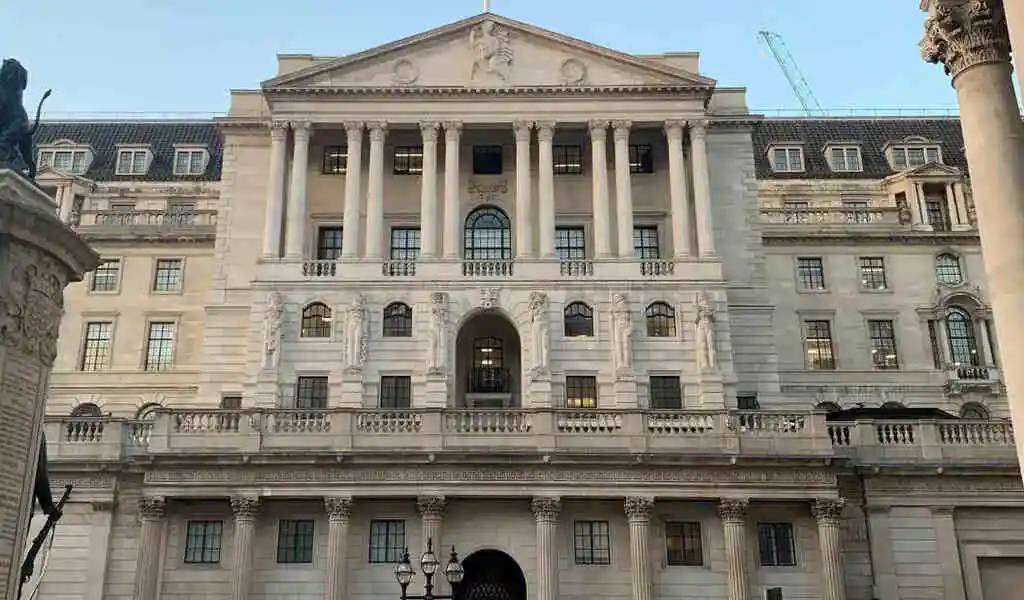(CTN News) – In a recent note to analysts, Morgan Stanley has put forth a forecast predicting a potential interest rate cut by the Bank of England (BOE) as early as May.
The financial institution suggests that the base rate could decline to 4.25 percent by the end of the following year. This projection aligns with comments made by the Bank of England’s chief economist, Huw Pill, during an online Q&A session, where he hinted at the possibility of a rate reduction around the middle of next year.
While this forecast may provide relief for mortgage borrowers, Morgan Stanley emphasizes that interest rates are unlikely to return to the historically low levels seen in the 2010s. Instead, they may settle at a level “below where we are” but possibly “higher than the interest rates that we had in the pre-Covid era.”
The report also speculates on the European Central Bank, forecasting its first interest rate cut by 25 basis points in June 2024, with reductions potentially reaching two percent by September 2025.
However, financial experts caution that recent Office for National Statistics (ONS) job market figures could have inflationary implications, possibly influencing the Bank of England’s Monetary Policy Committee (MPC) to consider further rate hikes.
Danni Hewson, AJ Bell head of financial analysis, points out that while wage growth has slightly eased, it remains historically high, indicating potential discomfort for MPC members. Adjusted for inflation, increased disposable income could lead to higher spending, contributing to inflation.
Contrastingly, Samuel Tombs, UK economist at Pantheon Macroeconomics, suggests that with wage growth slowing, the Bank of England might opt for a rate cut sooner rather than later, increasing the chances of a reduction in the first half of 2024.
Meanwhile, climate change and countries’ approaches to combating it are highlighted by Bank of England policymaker Catherine Mann.
In a recent speech, she emphasizes the potential inflationary impact associated with climate shocks, policies, and spillovers, indicating another factor that may influence interest rates.
As financial markets await October’s inflation rate announcement and the upcoming MPC meeting on December 14, the economic landscape remains uncertain, with various factors contributing to the debate over the future trajectory of interest rates.







